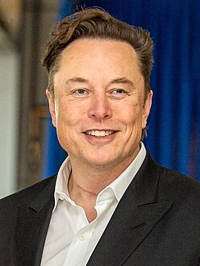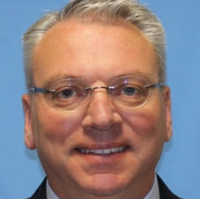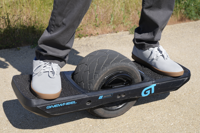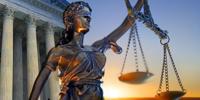
Musk
BOSTON - Elon Musk has fended off a legal strategy that would have had him facing a class action lawsuit in Massachusetts federal court.
When plaintiffs wanted to sue Tesla over what they say are lies about the mileage ranges of its electric vehicles, they instead named Musk himself as a defendant. That's because when they bought their cars, they agreed to fight any disputes in arbitration instead of open court.
They named Musk and a trust he operates that holds more than one-fifth of Tesla stock. In addition to being Tesla's largest shareholder, he is its CEO.
They claimed Musk used his control to embellish driving ranges and increase the value of his stock. But Judge Patti Saris wrote June 12 that just because Musk himself wasn't a signatory to the arbitration agreement, that doesn't mean he can't invoke it.
"In short, while a non-signatory sometimes may not enforce an arbitration agreement, the agency exception serves to prevent the type of end run around an arbitration agreement that Plaintiffs are attempting here," she wrote.
"Because Plaintiffs' claims concern conduct undertaken by Musk within the scope of his employment as Tesla's CEO, he may enforce Tesla's arbitration agreements with Plaintiffs."
The suit was filed in May 2024 by Kenneth Quat of Quat Law Offices and Ryan Watstein of Watstein Terepka, on behalf of more than 10 plaintiffs.
The complaint claims that Musk overstated the driving ranges of Tesla cars by an average of 26%, manipulated dashboard range meters to display false information and diverted consumer complaints to avoid accountability.
These actions allegedly allowed Musk to sell millions of vehicles at inflated prices, resulting in substantial financial gain for himself and his associated entities.
The lawsuit cites violations of multiple unfair trade practice laws and seeks compensation for damages incurred by Tesla owners who were misled about their vehicle's capabilities.
Plaintiffs argue that had they known the true driving ranges and deceptive practices involved, they would not have purchased the vehicles or would have paid significantly less.
Still, the claims will be handled by an arbitration panel instead of a judge or jury, keeping documents out of the public eye. Musk had argued he is an "affiliate" and agent of Tesla, to which Judge Saris agreed.
"Musk is a third-party beneficiary of the arbitration clauses between Plaintiffs and Tesla and can therefore compel Plaintiffs to arbitrate their claims against him individually," she wrote.








